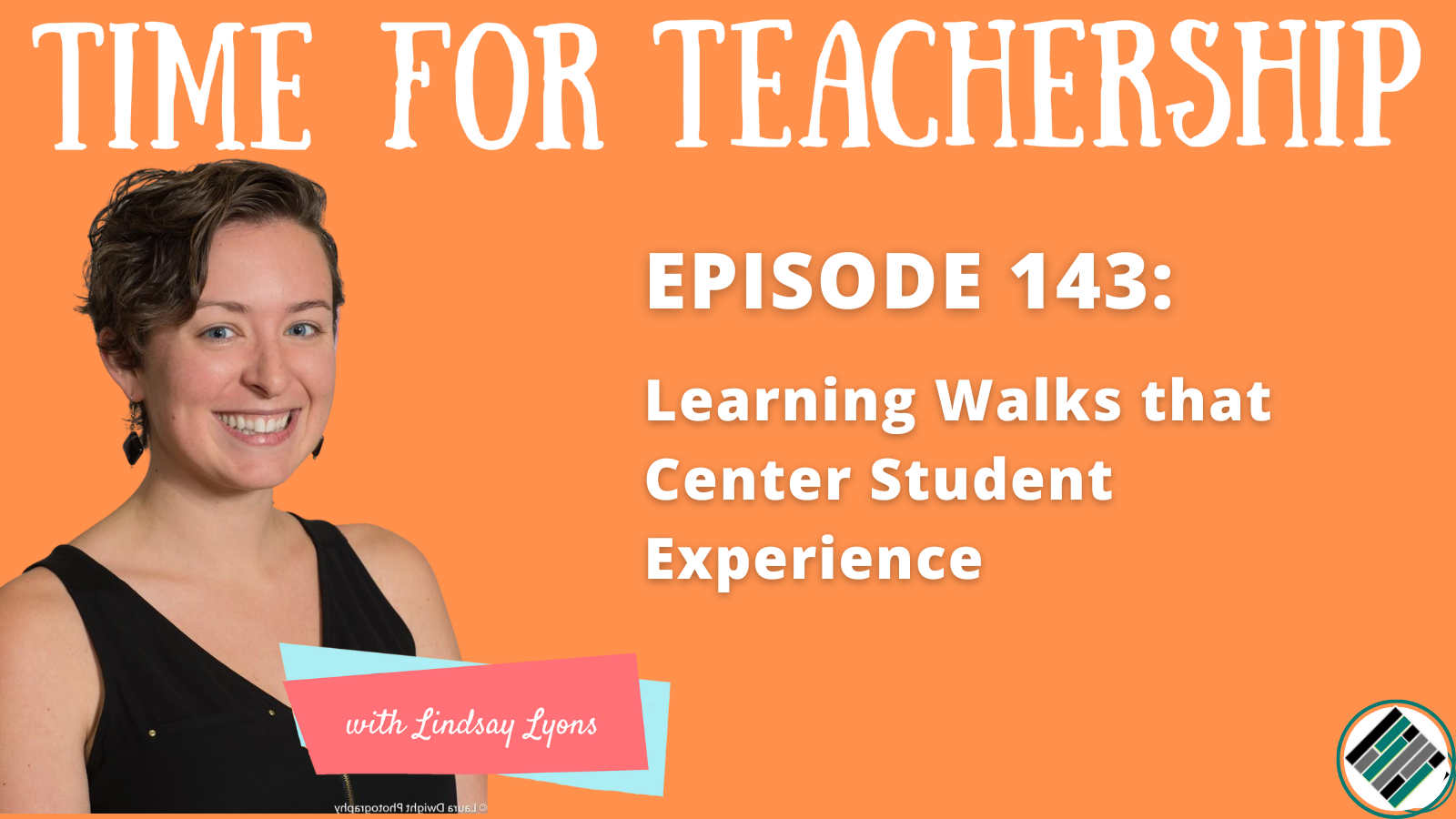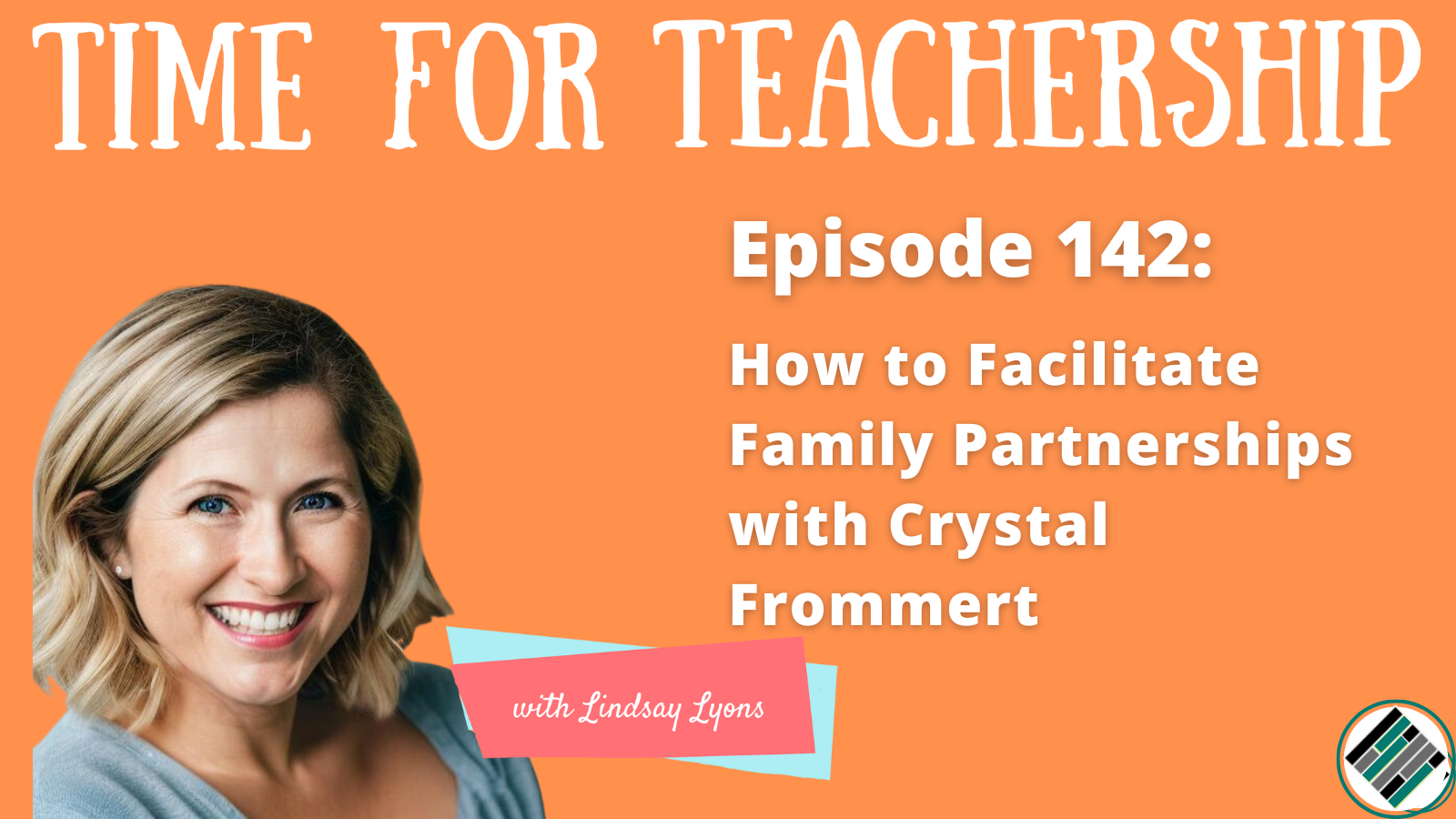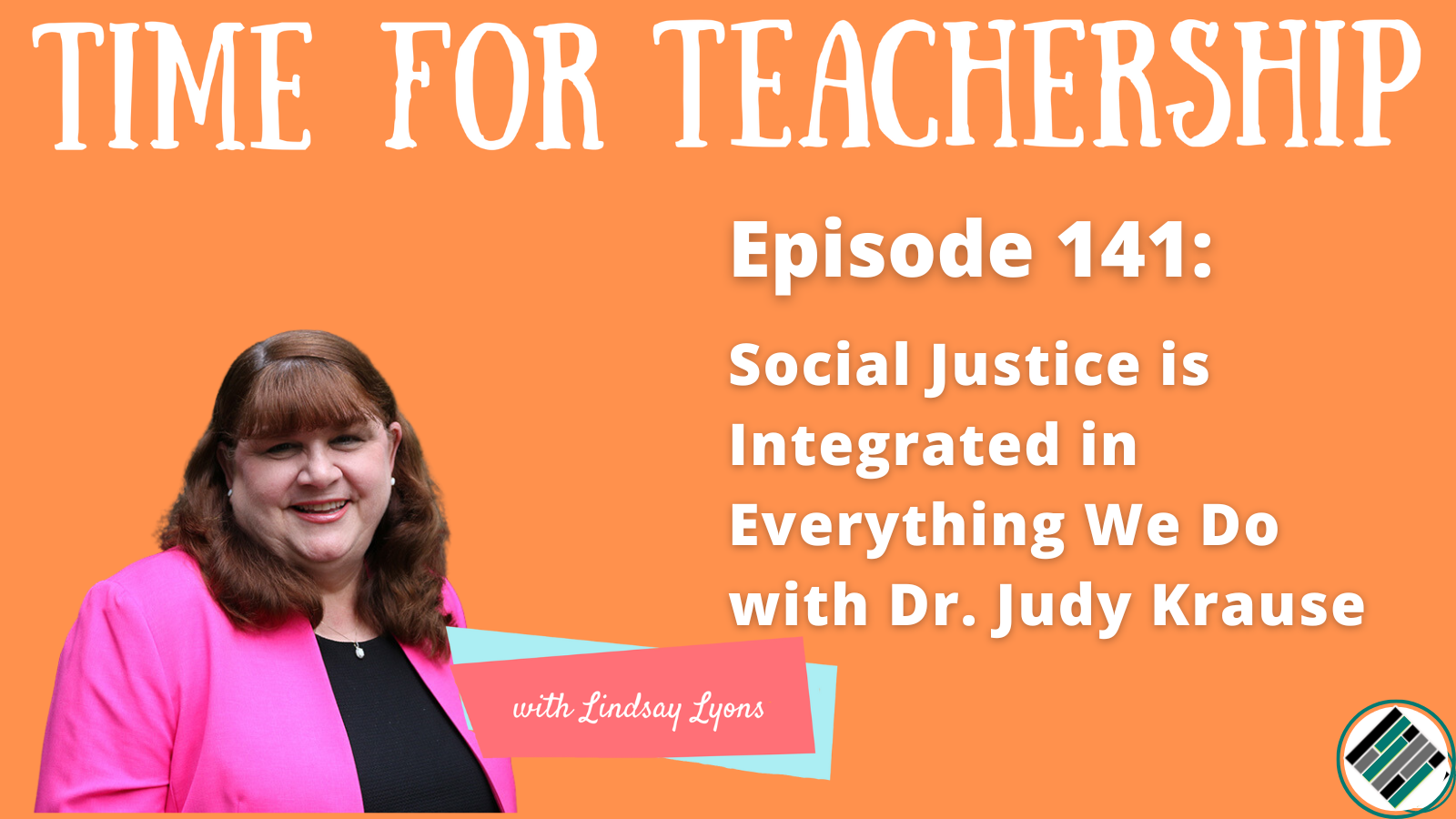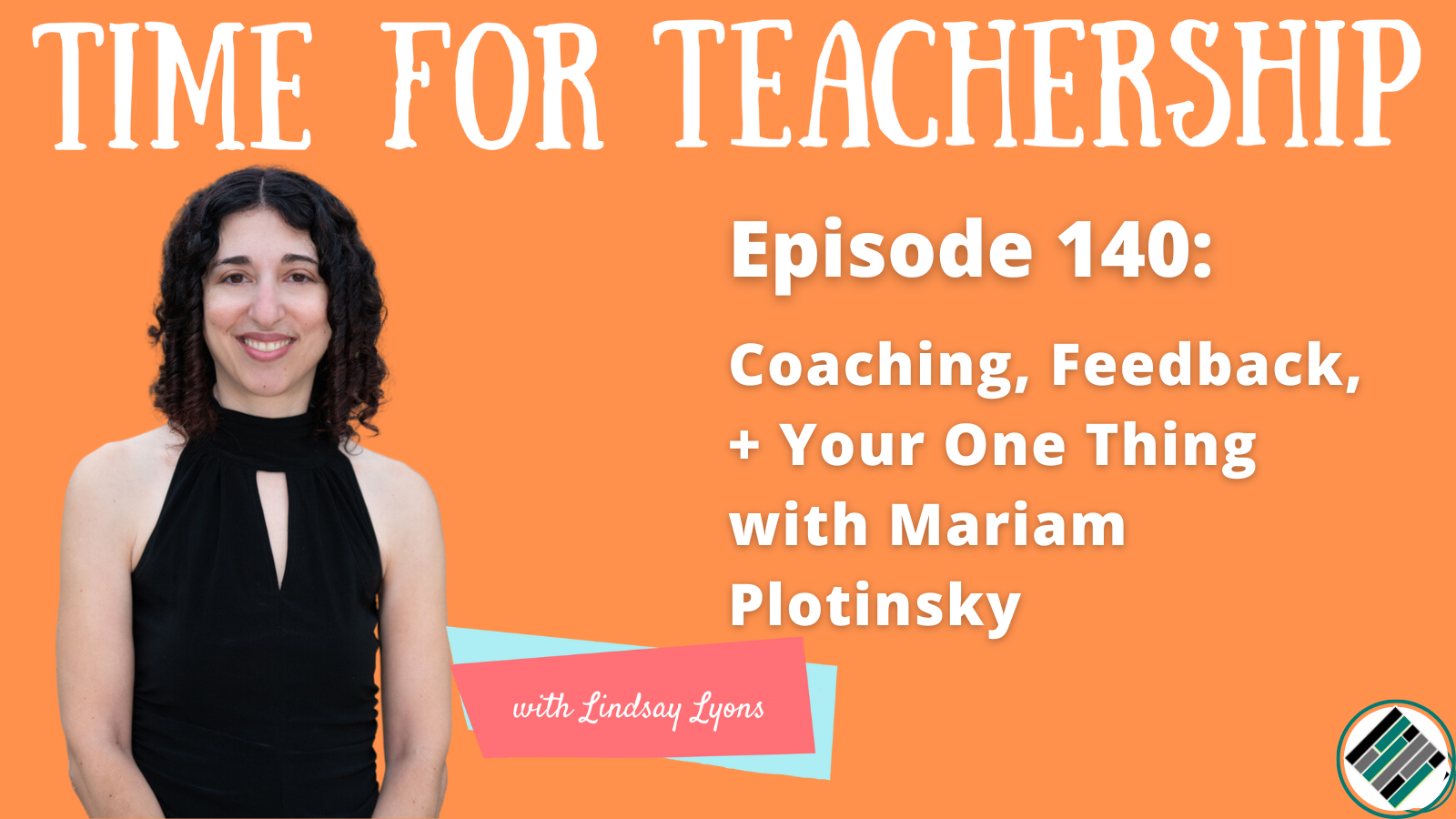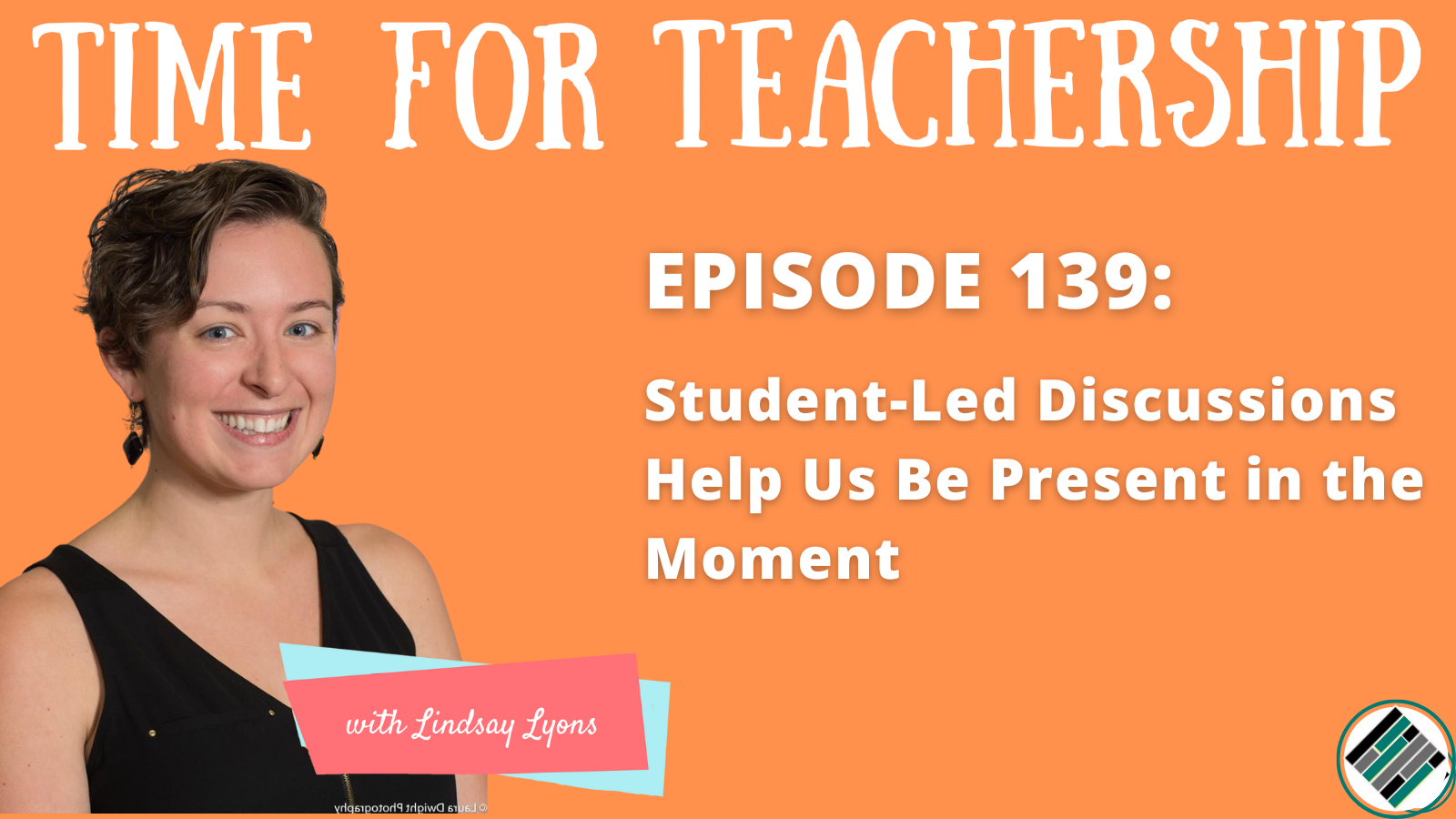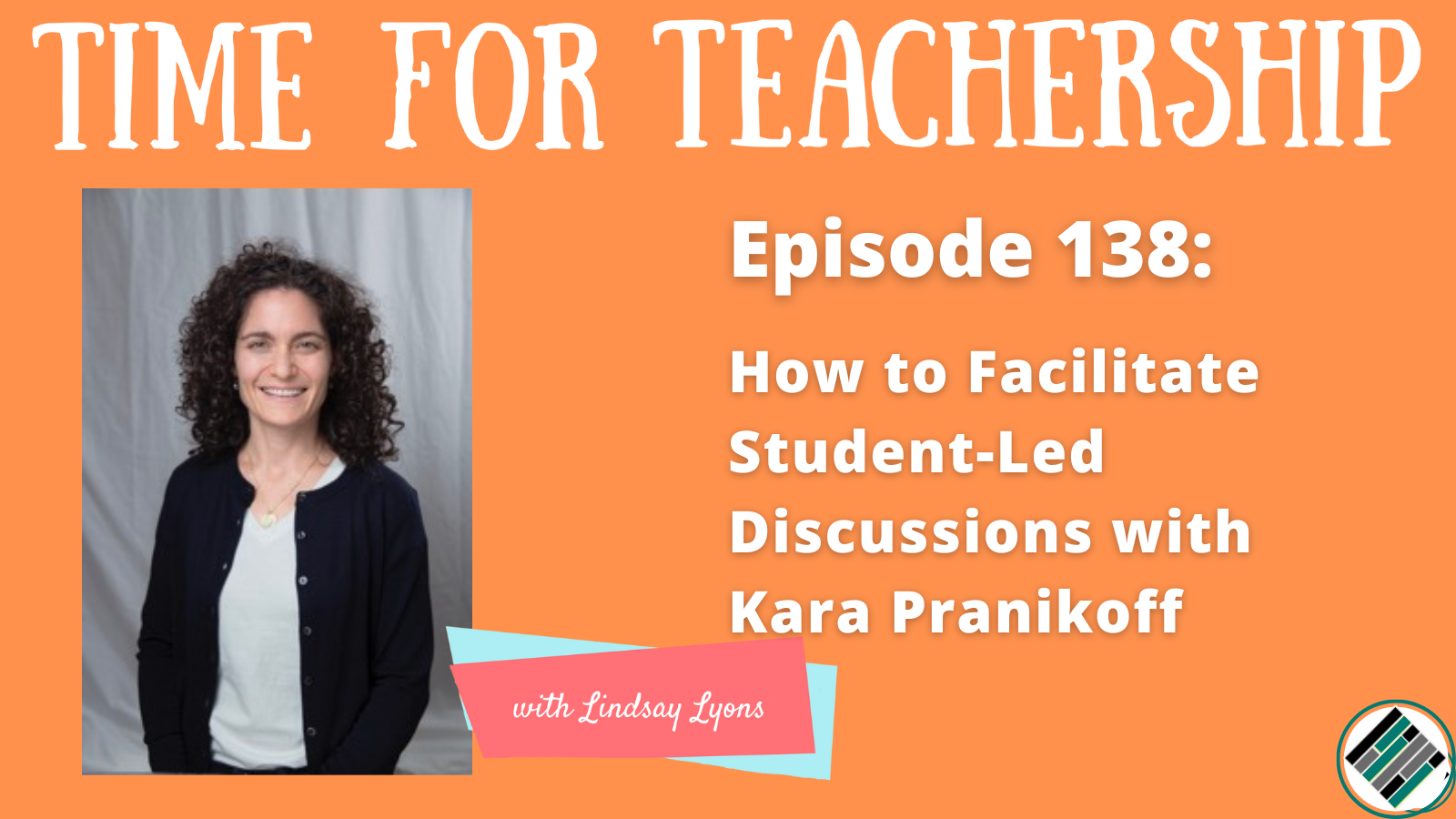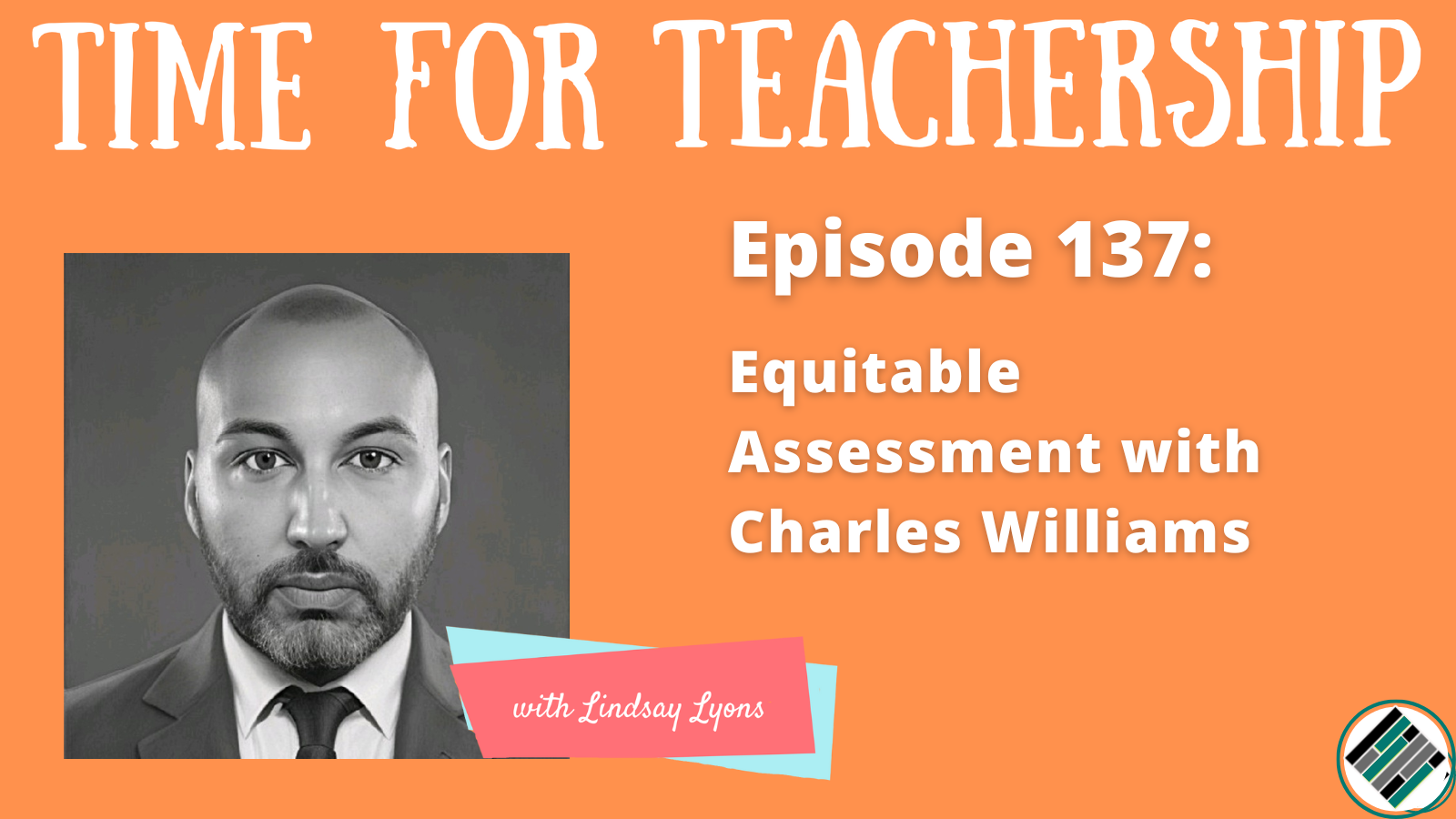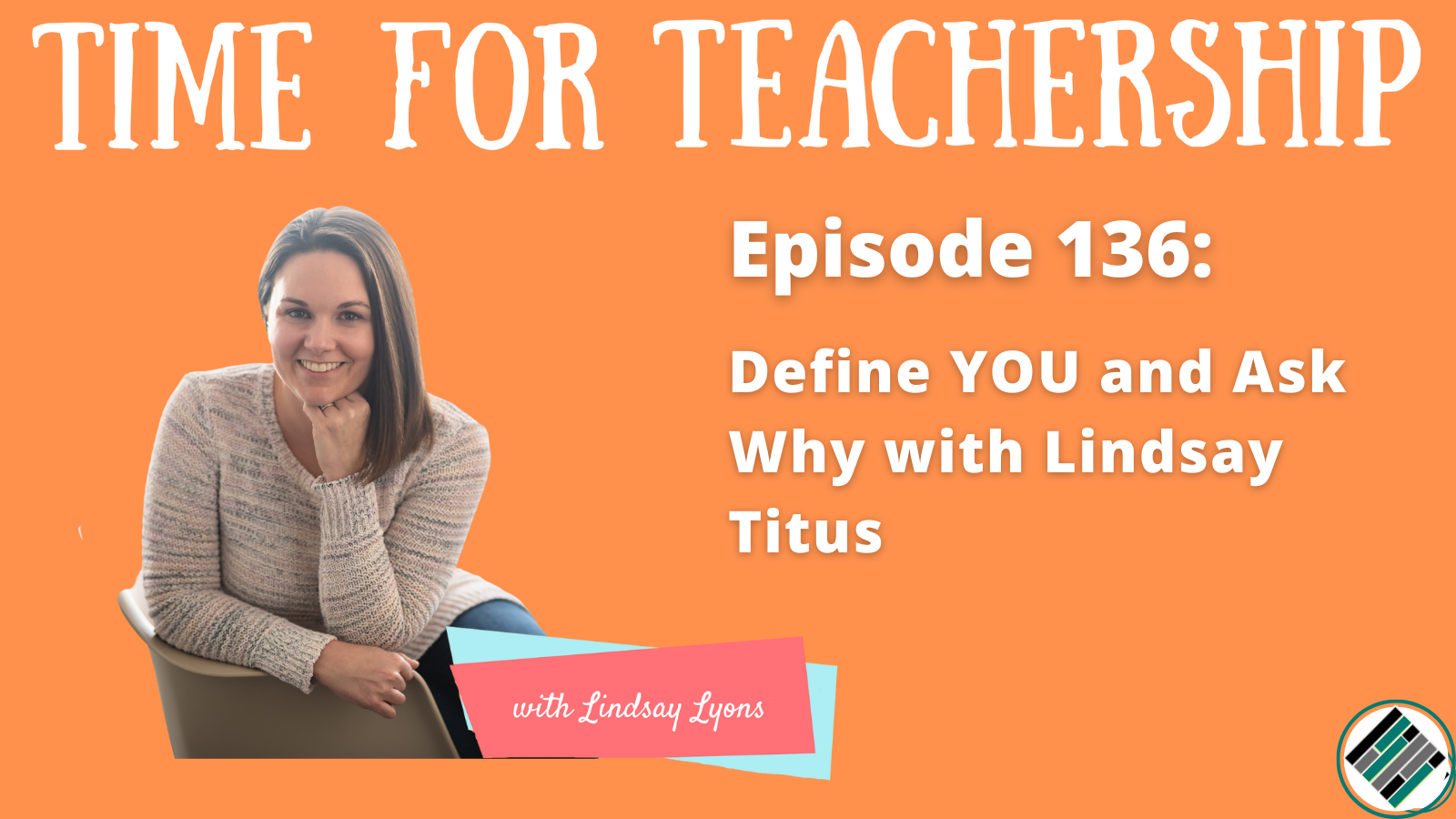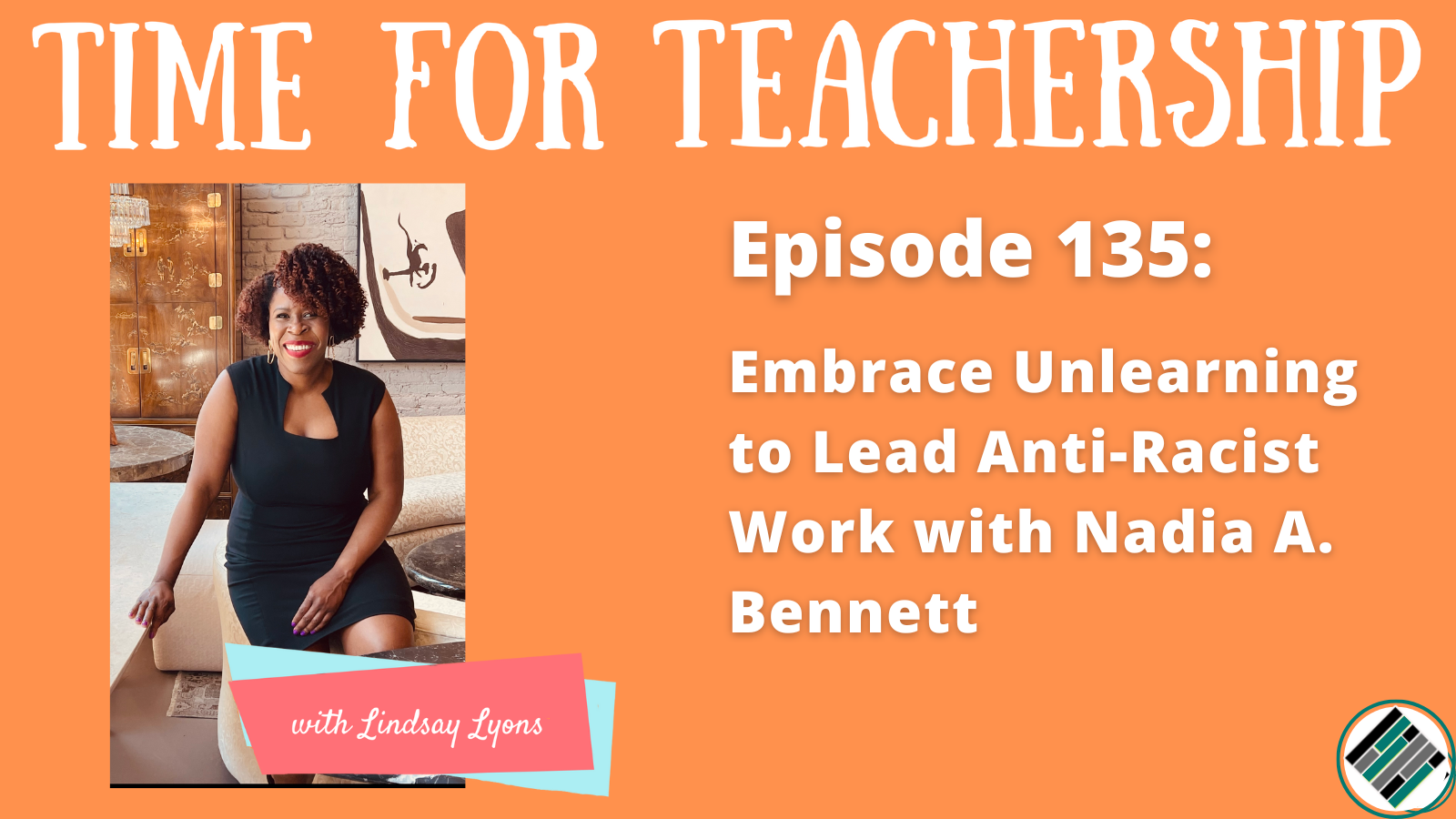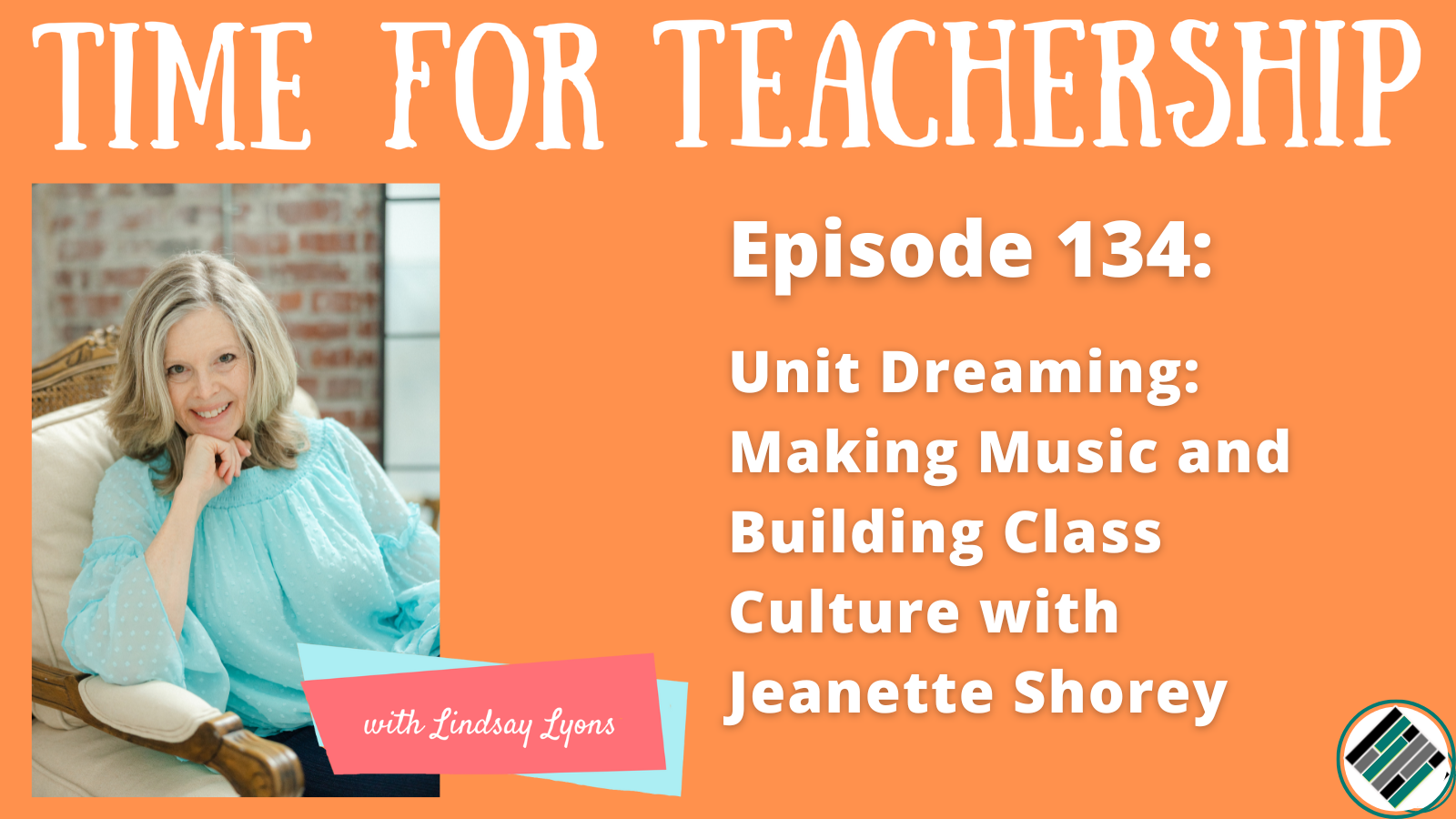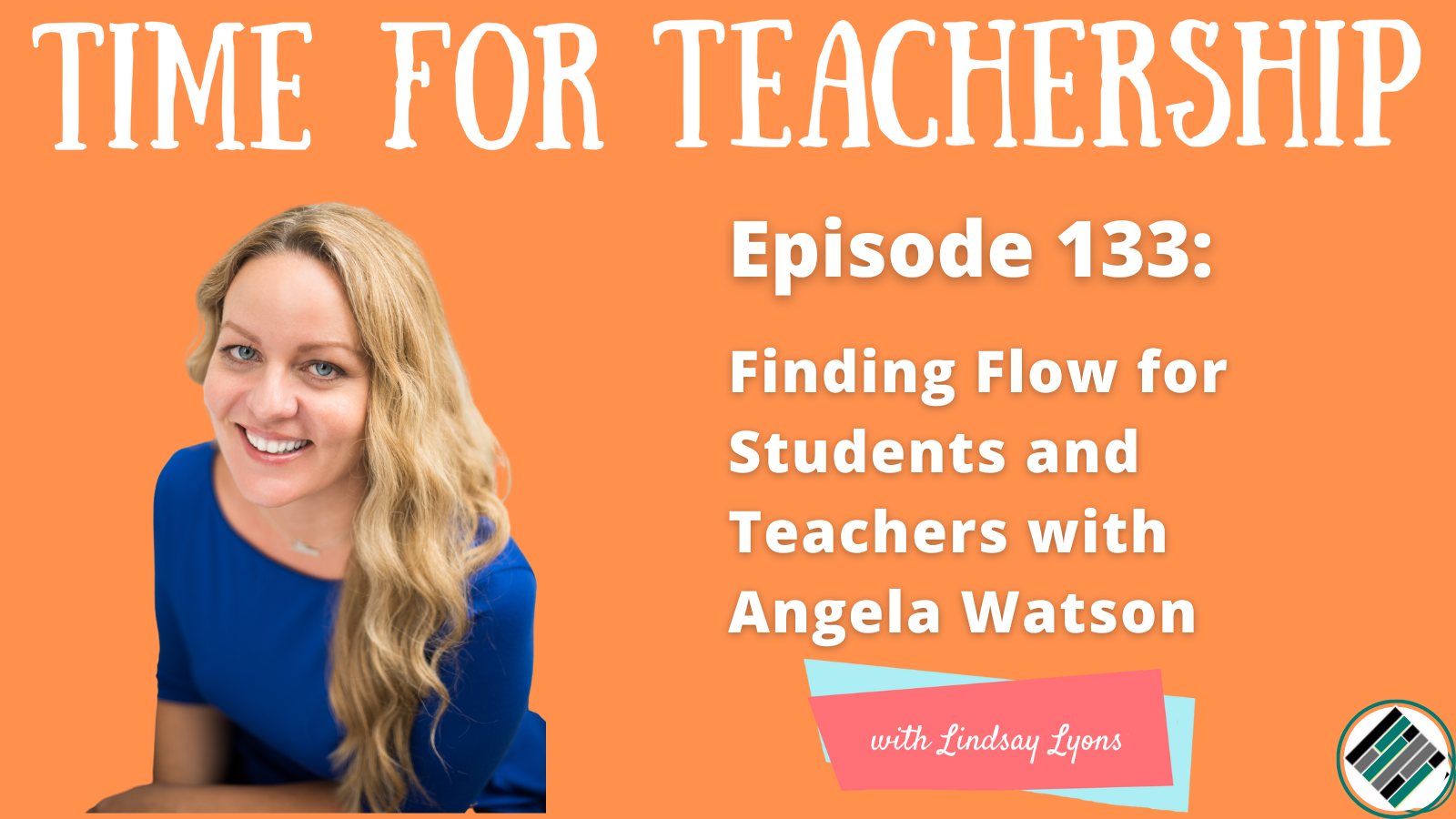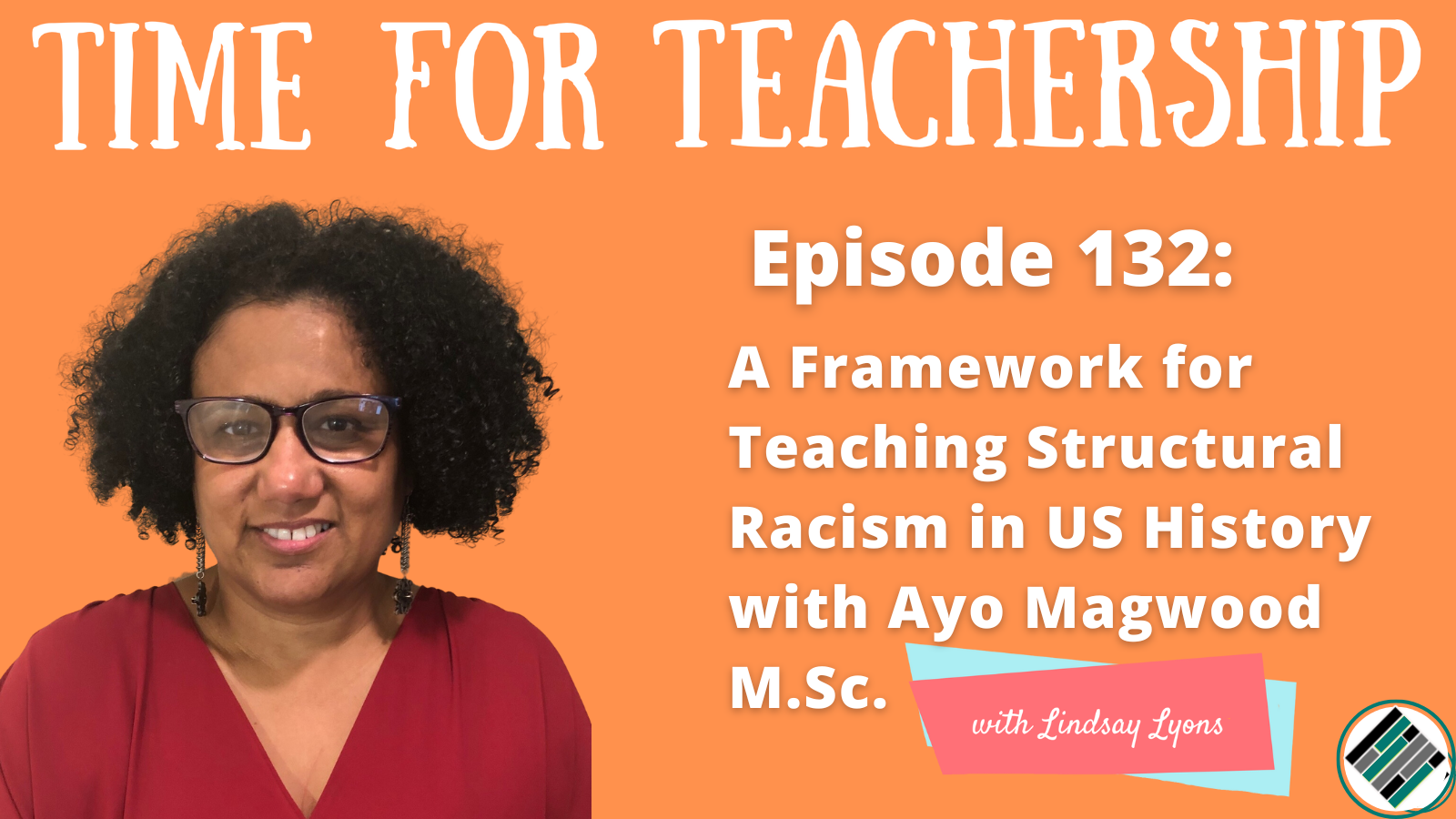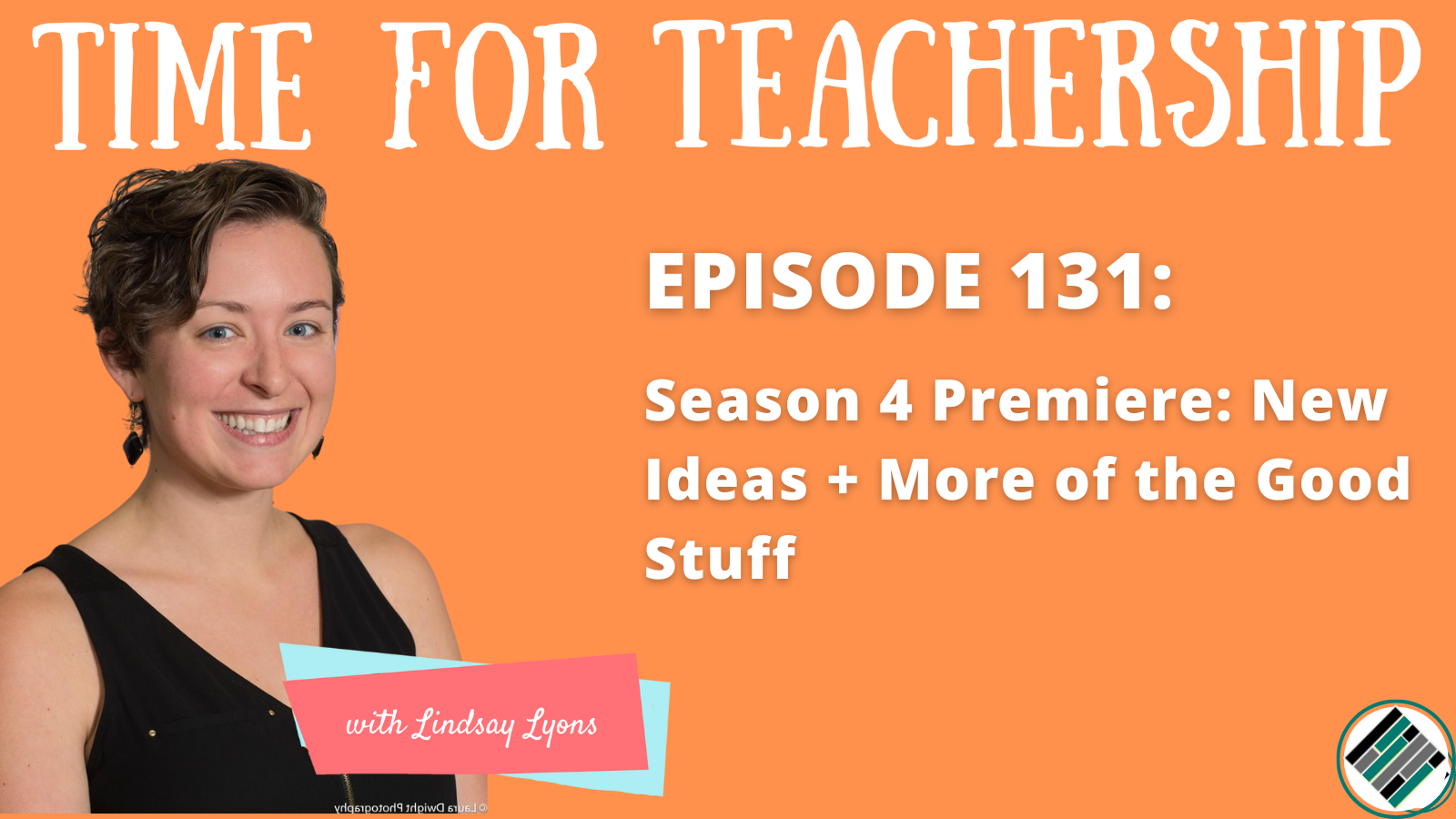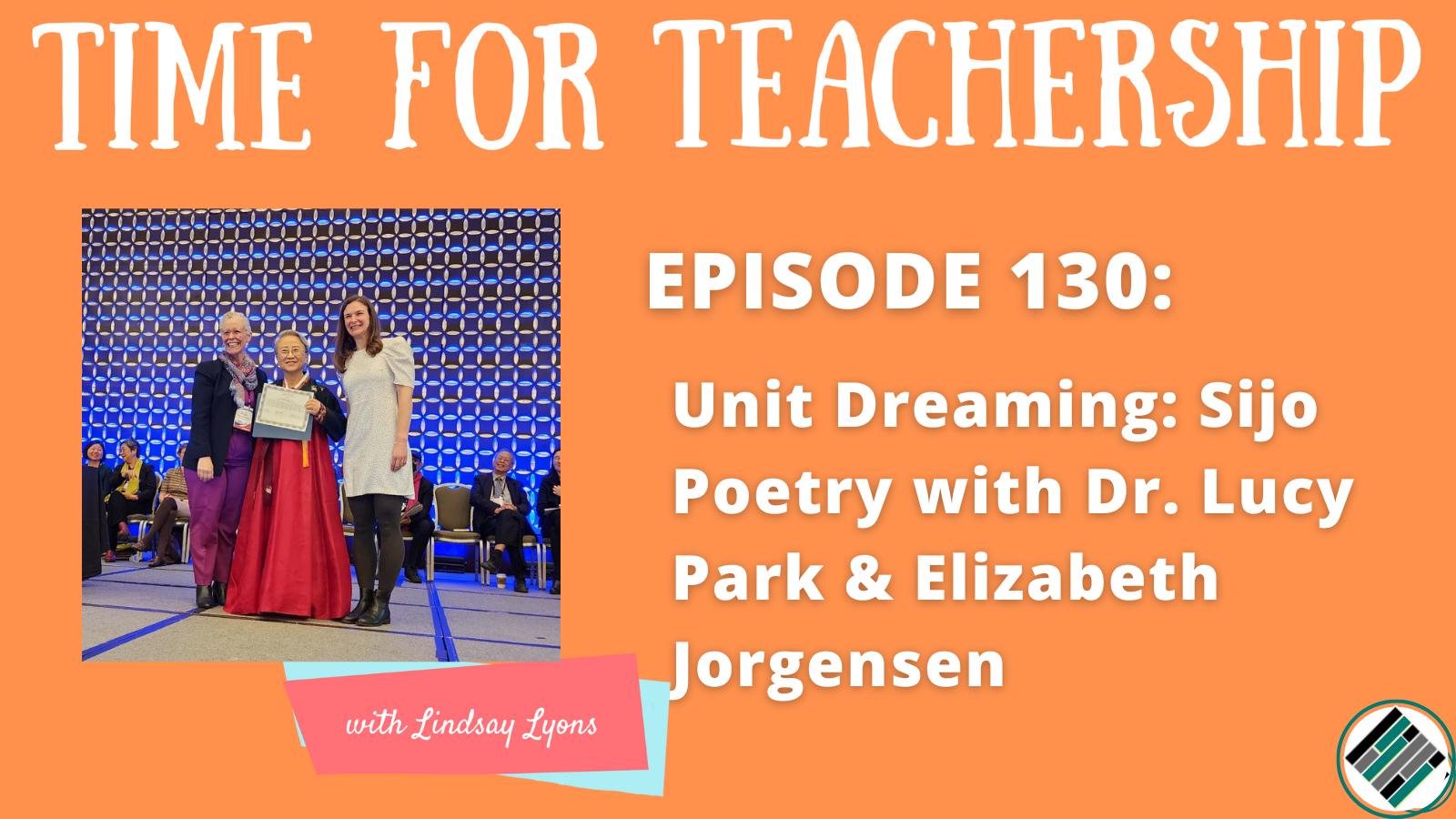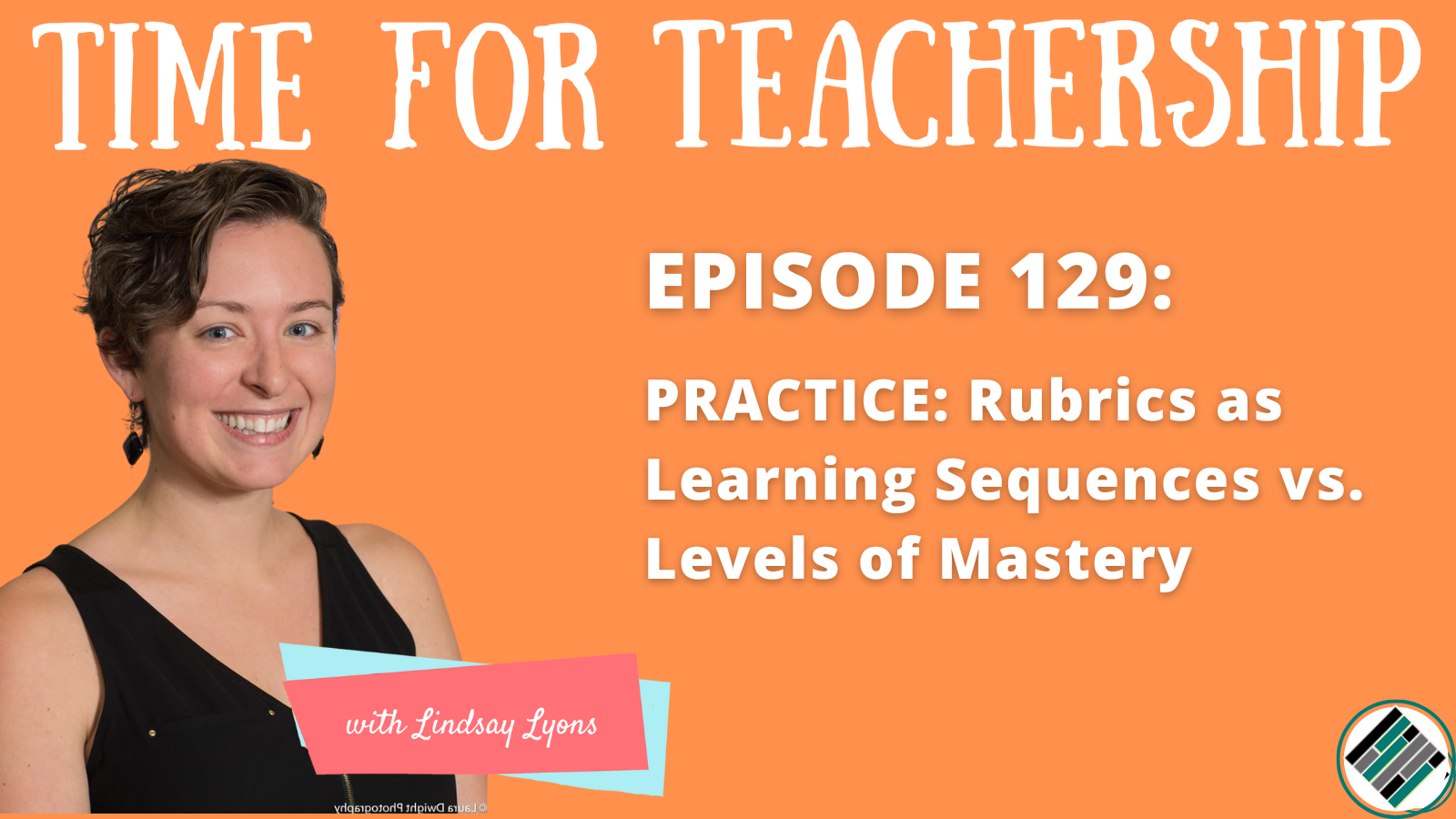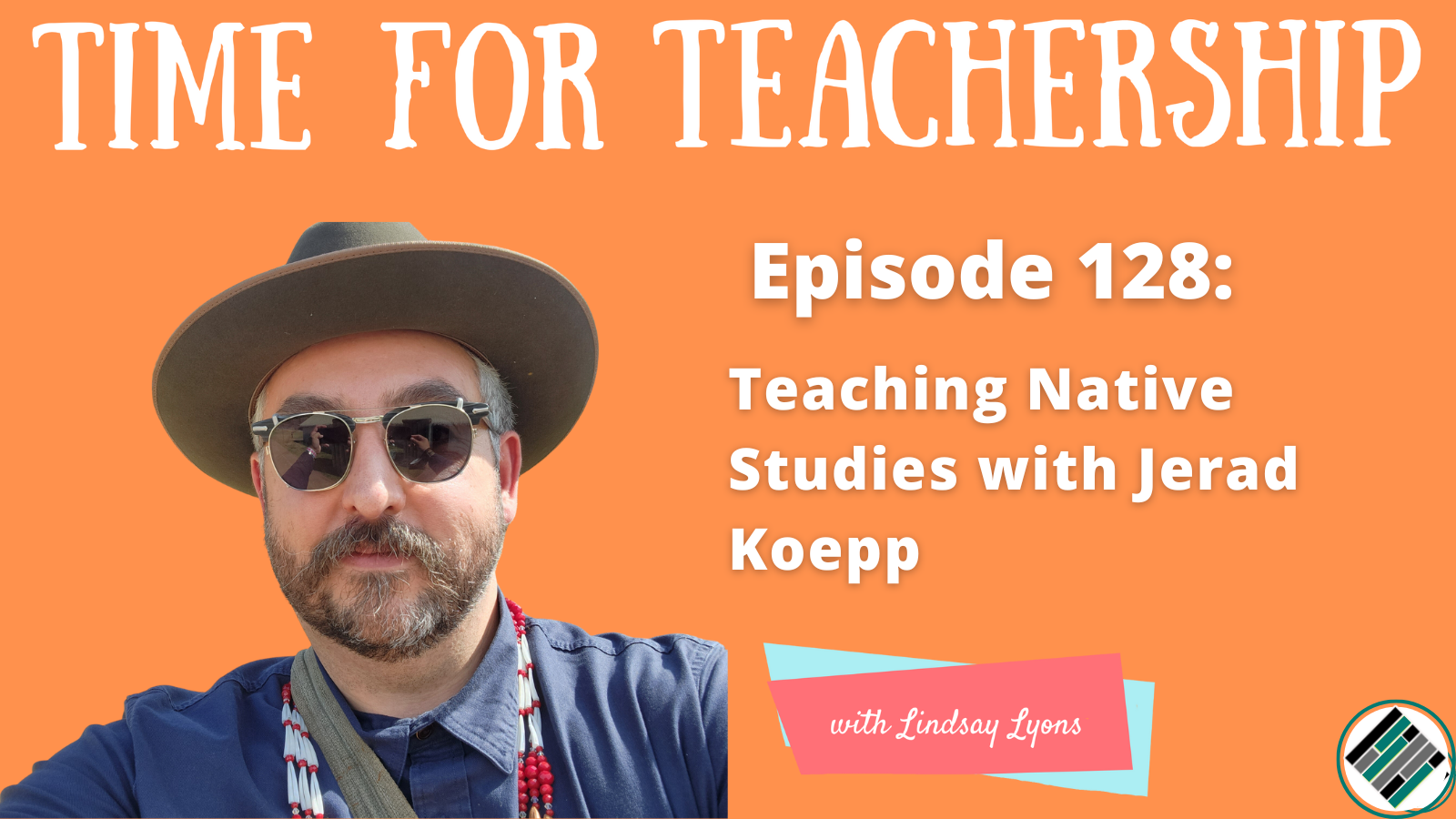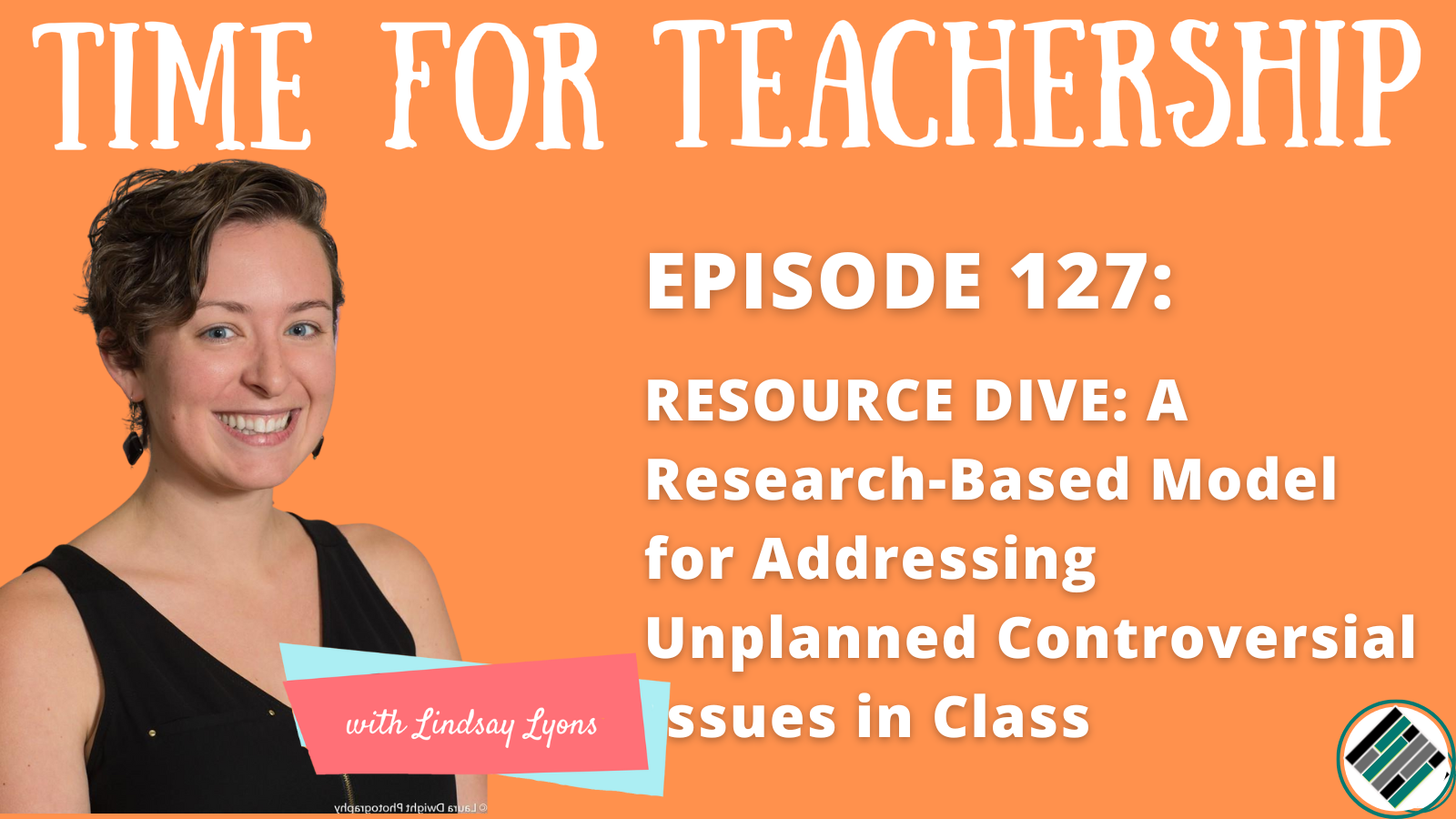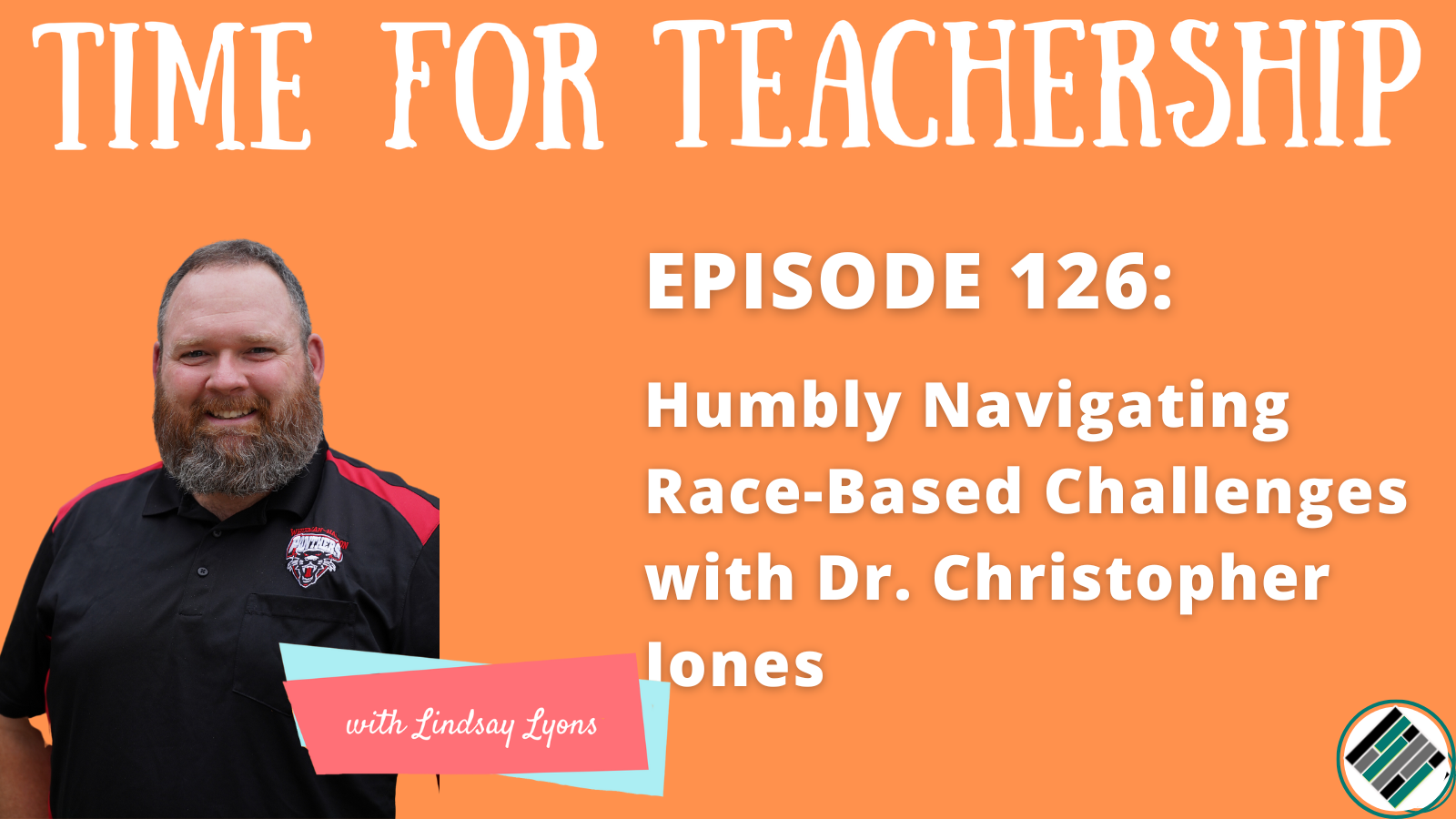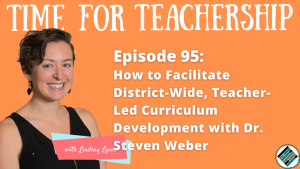
Curriculum is part of every classroom, every grade level, and every subject matter. It’s key importance to the field of teaching and education demands we’re always checking in and asking: how is our curriculum serving and supporting students?
In his role as the Associate Superintendent of Teaching and Learning with Fayetteville Public Schools, Dr. Steven Weber is continually asking just this. Through an extensive curriculum development project, he’s asking: is our curriculum relevant for students today?
We chatted about this and other topics on episode 95 of the Time for Teachership podcast. Here’s some of the key takeaways from our conversation.
Knowledge Transfer, not Compliance
Dr. Weber’s big dream for education is that we could return to the joy of learning, and that it would be marked by knowledge transfer and not mere compliance.
Knowledge transfer is when students learn curriculum that’s relevant and can apply it to other areas of life, both presently and in the future. This differs from compliance-style education—finish an assignment, check a box, and move to the next grade.
There are two key values that support this concept:
- Each student, class, school, and district are unique—there’s no one-size-fits-all solution.
- Student choice and student voice should be centered in the conversation—it’s how we can ensure that curriculum is relevant, and knowledge is transferable.
Teacher-Led Curriculum Development
Dr. Weber believes, and has seen in practice, a high level of engagement by creating curriculum task forces. His district is currently completing a multi-year project to produce relevant, teacher-led curriculum for all grade levels.
Their project is designed on a few principles:
- Start with the “big rocks,” or the priority standards that every student needs to achieve
- Curriculum should be flexible. Instead of producing a final, published hard copy curriculum that lasts for years in the same format, create curricula as a living document that can be changed and improved.
- Diverse perspectives are necessary; task forces should have multiple teachers of the same grade, varying in experience levels.
- Teachers are valued and recognized for their contributions. This means investing financially in the process, by paying for overtime or paying for subs to cover teachers.
- The process matters. It takes time to create high-quality curriculum, so Dr. Weber’s project is spread out over an entire school year. This allows teachers to bond with each other at group lunches and have time to slow down, reflect, think, and edit their work.
Teacher-led curriculum helps schools and districts figure out what works and what’s necessary in their context. But it’s a process, and there needs to be an investment of time and resources to make it happen.
How to Teach Current Events
Current events are more relevant in the classroom than ever before because students are more connected to the broader world than ever before. And while they’re important and necessary to talk about, it can be tough to do.
With that in mind, Dr. Weber had a few ideas on how to make current events part of your curriculum:
- Ground it in local events relevant to your community. Reflect on what matters to your class, students, and their families so you can be sensitive to it.
- Consider what’s age appropriate—consult with other professionals if you’re unsure.
- Remain neutral and create psychological safety. Don’t let your personal biases make the space unsafe for a student with different viewpoints.
- Don’t be reactive. Just because something’s happening now, doesn’t mean you have to teach it now. Take time to reflect and consult with others so you can approach the topic well.
There’s so much more to cover about topics like current events in the class and developing teacher-led curriculum. Make sure you check out our full conversation with Dr. Weber on episode 95 of the Time for Teachership podcast! You can also connect with him on Twitter at @curriculumblog or read his work on Teach Better.
Quotes:
- 3:43 “For a lot of our students, today’s education is not relevant. It’s the way we learned it, but it’s no longer relevant. So, can we use social media, can we use TikTok videos, can we use YouTube—can we use the skills that they use on their own time on their phones or in their own time on a Friday night when they’re hanging out with their friends—what could we use? Then they can show transfer in their own way, rather than on a worksheet.”
- 22:30 “Early in my career, I focused on the product—I just drove people to get to the product. I did a lot of those 3-day summer crash courses … Let’s identify the big rocks, big skills in two hours. Well, there’s not really a curriculum. You may have a product, but it’s not a curriculum and it’s not very high-quality. You have to give people time, time to reflect, and then you have to give people time to revise and edit.”
- 24:45 “I think every school district needs to approach current events through what’s best for their local policy and their community. But I also think some school districts have been running the other way and dodging current events. And I don’t think that’s a good way to educate our youth, because they’re going to end up making critical decisions and choices—they’ll become voters—and they need to know how to make decisions based on current events.”

